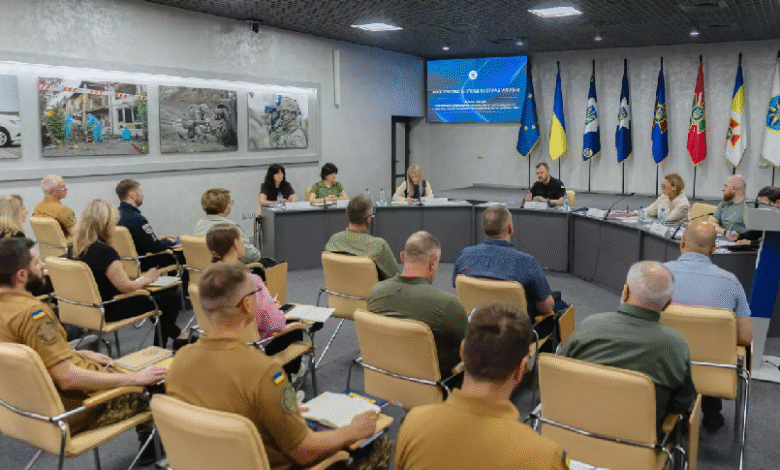Psychologists of the Ministry of Internal Affairs have developed unified protocols for supporting soldiers and war veterans

Psychologists of the Ministry of Internal Affairs have developed unified protocols for providing psychological support to servicemen, war veterans and their families. This is an important step towards creating a system of assistance for those who have experienced the horrors of war, stated Minister of Internal Affairs Ihor Klymenko.
“Our task is to create a complete system that will accompany the defenders from the moment of stabilization after injury to a full return to society. The responsibility of all of us is to prevent those who have gone through the war from being left alone with its consequences. We are all, as a system, responsible for the implementation of veteran policy, and the psychological service is a key element of the restoration of the state from the inside. A psychologist should not just be nearby.
He must know what to say, when to keep silent, how to support and prevent retraumatization. That is why they created uniform standards that are already being implemented at all levels in the MIA system. At the heart of these protocols is trust, professionalism and concern for those who hold the line – and those who hold them.”, – noted the head of the Ministry of Internal Affairs.
According to him, psychological support of the victims — wounded, released from captivity, members of their families and families of the dead — remains extremely important. For this purpose, the “Mental Tutor” project was formed – mental health mentors, to which specialists selected from among full-time psychologists were involved. These psychologists work in close cooperation with social workers and doctors in rehabilitation centers, providing comprehensive assistance to victims.
To improve coordination between psychological services, medical and social institutions, digital tools have been introduced — a single information system that allows you to record the activities of psychologists, the time and place of assistance, as well as the actual needs of victims. This contributes to a more efficient organization of the process and provides full support at all stages — from treatment and rehabilitation to return to service.





